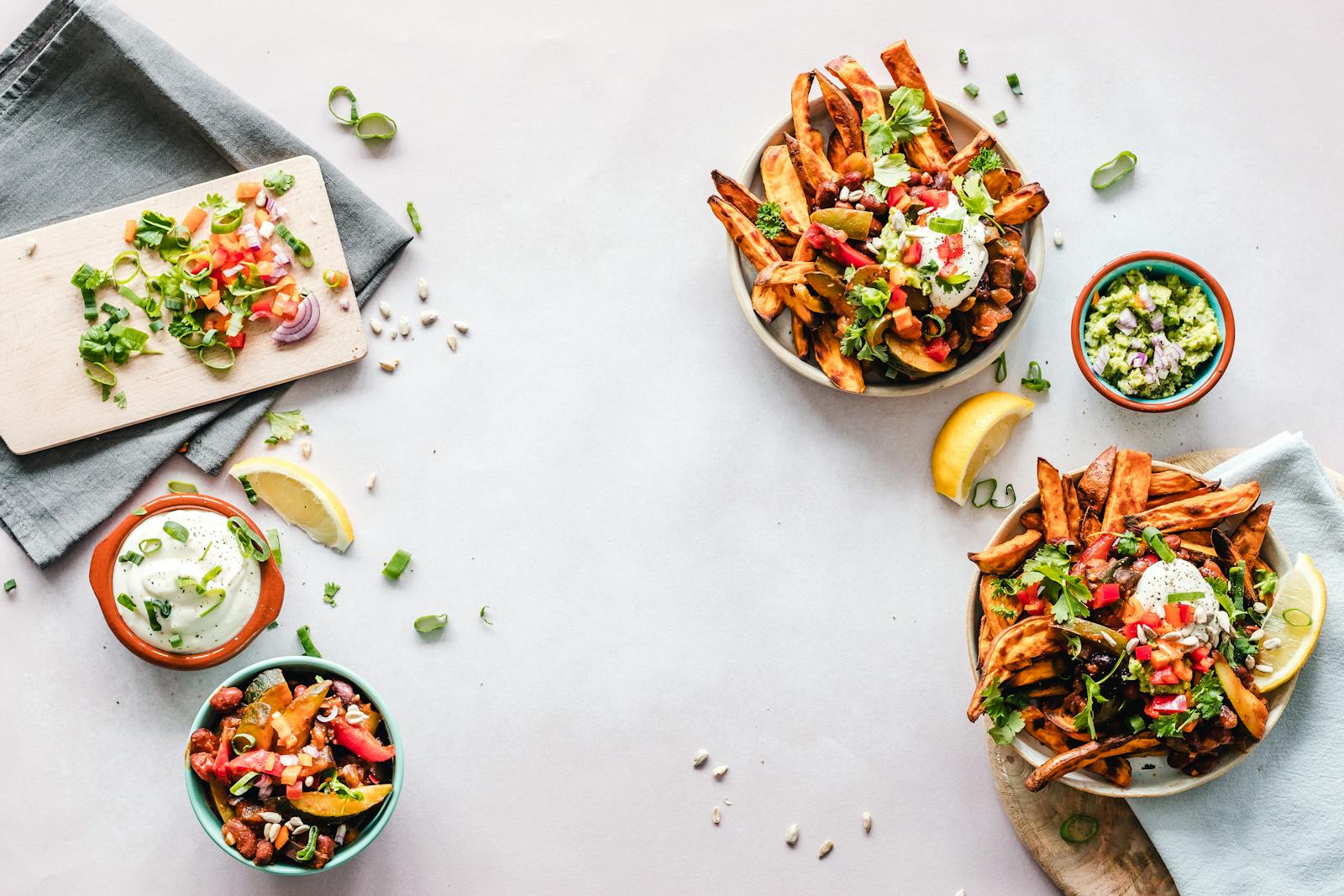
The Paleolithic diet is a widely-followed eating plan that focuses on consuming whole foods that our Paleolithic ancestors survived on thousands of years ago. Eliminating highly processed ingredients, the Paleo diet promises a return to boost health and fight chronic illness.
What is the Paleo Diet?
The Paleolithic diet is based on the premise that our physiology are adapted for processing the types of nourishment our ancient ancestors ate during the Paleolithic era, which occurred from roughly 2.5 million to 10,000 years ago. This eating plan includes:
- Animal proteins (ideally grass-fed or wild-caught)
- Nutrient-dense produce
- Plant-based proteins
- Beneficial fats, such as olive oil
On the flip side, the diet cuts out modern processed foods that have been introduced in the last century, including:
- Grain-based foods
- Milk and cheese
- Artificial sweeteners
- Legumes
Why Choose the Paleo Diet?
The Paleo diet delivers a number of health benefits paleo diet recipes that help enhance your well-being. Here are some of the key benefits:
- Natural weight management: Thanks to its emphasis on whole foods and eliminating refined products, the Paleo diet helps you lose weight and maintain a healthy weight.
- Improved digestion: Since the diet eliminates grains, dairy, and legumes, many people enjoy fewer digestive issues, especially for those with sensitivities with these foods.
- Boosted energy: People who embrace the Paleo lifestyle notice increased vitality, as nutrient-dense whole foods provide more consistent energy than highly processed foods.
- Lowered chronic inflammation: Because of its avoidance of processed ingredients, the Paleo diet can reduce chronic inflammation, a key driver of many health conditions.
Simple Steps to Start Paleo Eating
If you're interested in the Paleo diet, here are simple ways to get started:
- Prioritize whole, natural ingredients: Focus on colorful produce, lean meats, and nutrient-rich fats.
- Cut out junk food: Check your kitchen and remove anything with artificial ingredients like cookies, cereals, and sugary drinks.
- Prepare meals ahead: Stay consistent with the Paleo diet by preparing meals that emphasize unprocessed ingredients.
- Keep hydrated: Water is important in any diet. Make sure you’re staying hydrated throughout the day.
- Listen to your body: The key to success with the Paleo diet is that you can eat when you're truly hungry—no need for calorie counting.
Wrap-Up
The Paleo diet provides an effective approach to health by prioritizing natural, nutrient-dense ingredients. By cutting out modern refined products, it can support better health, making it an ideal way to nourish yourself.
© - Copyright 2023